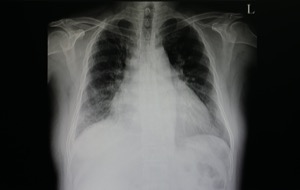
Congestive Heart Failure is a condition affecting millions of people in the United States each year. It can drain you of your energy and vitality making work impossible. Unfortunately, for some with this disabling condition, their lives are further complicated when their long-term disability benefits are denied.
If you have been diagnosed with congestive heart failure or other disabling condition and your long-term disability claim has been denied, call us. We will take on the insurance company and make them pay the benefits you need and deserve.
What is Congestive Heart Failure?
 Kentucky ERISA Disability & Life Insurance Claim Lawyers
Kentucky ERISA Disability & Life Insurance Claim Lawyers

























